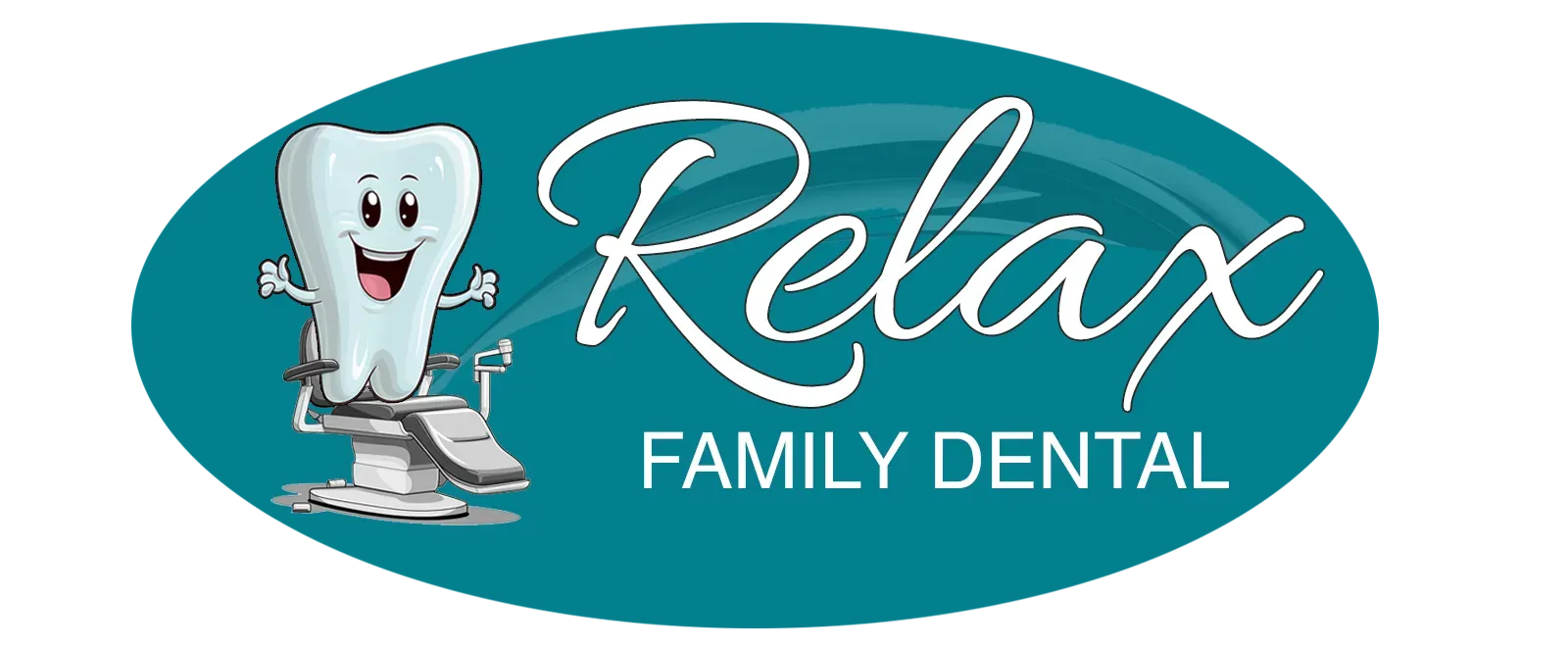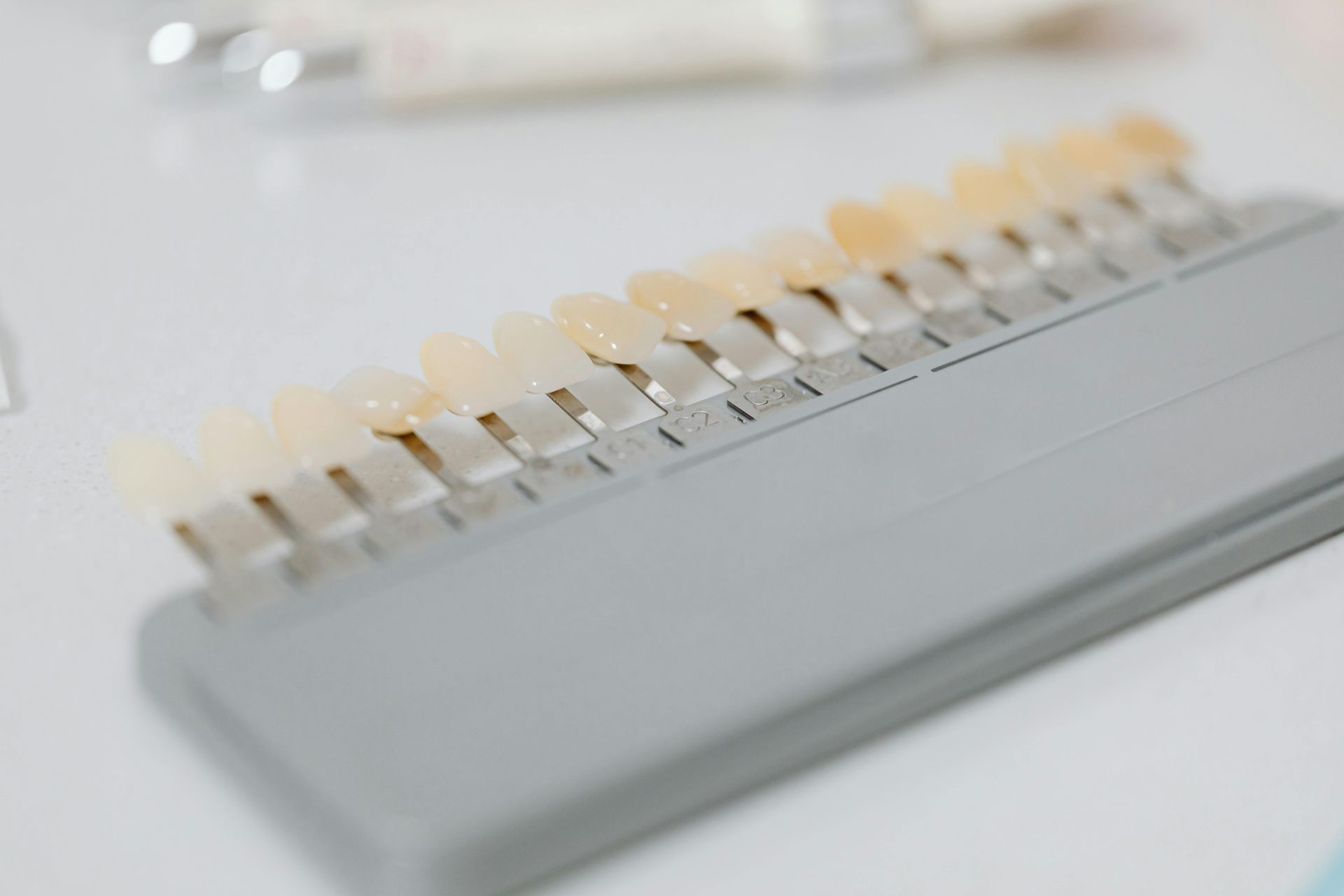Expert Tips from Dentists on Maintaining Healthy Gums
- Consistent oral hygiene habits are the foundation of healthy gums.
- Regular dental cleanings can lower the risk of periodontitis by up to 40%, according to a 2017 meta-analysis.
- A diet rich in vitamins C, D, and calcium supports gum health and reduces inflammation.
Gum disease is more common than you might think—nearly 40% of adults over the age of 30 will develop some form of gum disease in the U.S.
Despite being preventable, gum disease often goes unnoticed until it causes significant damage to your teeth.
Protecting your gums is crucial not only for maintaining your smile but also for your overall health, as gum disease has been linked to heart problems, diabetes, and other systemic conditions.
These expert tips from dentists can help you keep your gums healthy and prevent gum disease before it starts.
Understanding Gum Disease: What It Is and Why It Matters
Gum disease, also known as gingivitis in its early stages and periodontitis in more advanced stages, occurs when bacteria in plaque build up along the gums, leading to inflammation and infection. If left untreated, gum disease can result in tooth loss and may even contribute to serious health issues, such as heart disease and diabetes. The good news? Gum disease is preventable and treatable with proper care.
How Can I Tell If I Have Gum Disease?
Early-stage gum disease (gingivitis) is often painless and may not be obvious at first. However, common signs include:
- Red, swollen, or bleeding gums, especially when brushing or flossing
- Persistent bad breath or a bad taste in the mouth
- Gums that pull away from teeth
- Loose teeth or changes in bite
If you notice any of these symptoms, it's important to schedule a dental visit for an evaluation.
What Causes Gum Disease?
The primary cause of gum disease is poor oral hygiene, which leads to the buildup of plaque—a sticky film of bacteria that forms on teeth. Other factors that contribute to gum disease include:
- Smoking or chewing tobacco
- Poor nutrition, including vitamin deficiencies
- Hormonal changes (e.g., pregnancy, menopause)
- Certain medications that reduce saliva flow
- Genetics or a family history of gum disease
Can Gum Disease Be Prevented?
Yes! Preventing gum disease starts with practicing good oral hygiene habits, such as:
- Brushing your teeth twice a day with fluoride toothpaste
- Flossing daily to remove plaque between teeth
- Using an antimicrobial mouthwash to help reduce bacteria
- Regular dental checkups and professional cleanings
Additionally, avoiding tobacco use, eating a balanced diet, and managing conditions like diabetes can further reduce the risk of developing gum disease.
How Often Should I Visit the Dentist for Gum Care?
Regular dental checkups are essential for maintaining healthy gums. The American Dental Association (ADA) recommends seeing your dentist at least twice a year for routine cleanings and exams. During these visits, your dentist can detect early signs of gum disease, remove plaque and tartar buildup, and provide personalized recommendations for maintaining optimal gum health.
What Are the Treatments for Gum Disease?
If gum disease is detected, treatments vary based on the severity:
- For gingivitis: Professional cleaning and improved at-home oral hygiene can often reverse the condition.
- For periodontitis: More advanced treatments may include scaling and root planing (deep cleaning), antibiotics to control infection, or even surgery in extreme cases.
Early intervention is key to preventing more serious damage.
Does Gum Disease Affect My Overall Health?
Yes, studies have shown that gum disease is linked to a number of serious health conditions. Bacteria from infected gums can enter the bloodstream, potentially leading to:
- Heart disease
- Stroke
- Diabetes complications
- Respiratory infections
Maintaining healthy gums is crucial not only for a bright smile but for your overall well-being.
Expert Tips for Healthy Gums
Here are some dentist-approved tips for maintaining healthy gums:
- Brush gently along the gumline using a soft-bristled toothbrush
- Don’t skip flossing—daily flossing is essential to remove plaque from between teeth and below the gumline
- Use a fluoride mouthwash to fight bacteria and strengthen tooth enamel
- Be mindful of your diet—foods rich in vitamins and minerals, especially vitamin C, support healthy gums
- Stay hydrated to help produce saliva, which naturally protects gums and teeth
Gentle, Expert Care for Healthy Gums at Relax Family Dental
At Relax Family Dental, we understand that healthy gums are the foundation of a beautiful smile. Led by Dr. Popa, who brings years of experience in periodontal treatment, our team is committed to offering advanced, gentle care that puts your comfort first. Using state-of-the-art tools and techniques, we provide thorough, effective cleanings that minimize discomfort, even for patients with sensitive gums. Whether you're seeking preventive care or need help managing gum disease, we offer tailored solutions to fit your unique needs
If you are experiencing any symptoms of gum disease, please contact us today at (262) 456-5388 to schedule a dental appointment.











